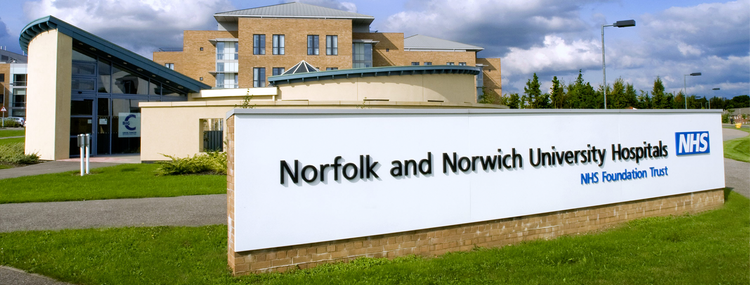Saving 91 minutes per user per shift through hospital task management
“Because tasks are triaged before being assigned to me, I am only allocated the most appropriate ones and can use my time much more efficiently as a result.”
— Dr Cary Tang
FY2 Doctor
Somerset NHS Foundation Trust
The problem
In implementing the NHS Seven Day Services Clinical Standards, Somerset NHS Foundation Trust had some concerns about patient safety, workload, and staff morale out of hours, running from 9pm until 9am every day.
Like many other NHS hospitals, Somerset NHS Foundation Trust ward staff used to bleep junior doctors during out of hours shifts, who then had to find a phone to call back to find out more information, before making notes by hand on paper and attending the patient if necessary. This was time-consuming and inefficient, with bleeps shown to be an insecure method of communication.
The solution
Somerset NHS Foundation Trust initially recruited an experienced nurse into the role of Out of Hours Coordinator to act as a central point of contact to triage task requests from the wards, and to bring oversight and cohesion to the team.
However, given the Coordinator’s workload intensity, the trust realised that it needed a digital task management solution to improve efficiency and facilitate a more sustainable, safer role for both the Coordinator and the wider out of hours team. It appointed Liaison Assist, aiming to:
Reduce unnecessary administrative burden and free up clinical time
Improve task management
Support out of hours staff to better manage their own workload
Support the Out of Hours Coordinator to triage, prioritise and allocate tasks
Enabled by Liaison Assist, ward staff have moved away from using bleeps to directly contact the out of hours team and instead now phone requests to the Coordinator, who logs and allocates them on Liaison Assist’s digital “to-do” list.
Staff from the out of hours team log on and easily see the tasks they have been allocated in their own task list, and in what location, removing the need to respond to bleeps which can be time consuming. Staff can also mark tasks as “accepted”,“in progress”, or “complete” in real-time during their shift, so ward staff can keep up to date on the status of tasks, and don't need to spend time chasing colleagues.
Impact
‘‘Liaison Assist Makes the shift feel more organised, more in control.”
— FY2 Doctor
Somerset NHS Foundation Trust
Using Liaison Assist, each user in Somerset NHS Foundation’s Trust’s out of hours team saves an average of 91 minutes total per shift.
62.5% of staff reported that Liaison Assist has reduced the risk of error; 0% reported that it has increased it.
Doctors now only cancel an average 4.5% of tasks, indicating more appropriate allocation. Previously, 40% of tasks were deemed inappropriate for the out of hours team.
Staff have reported improved experience. They feel less time is wasted responding to bleeps, clarifying details, and requesting tasks is more efficient overall.
Staff report that being able to see colleagues’ workload and tasks enables them to ask for and offer support when needed. Senior clinicians can support junior doctors and task logging reveals what junior doctors are being asked to do.
More information
Unity Insights is carrying out an independent health economics evaluation of this project which will be published later this year
The data presented in this case study was gathered from user-surveys conducted with 47 staff members in the out of hours team at Somerset NHS Foundation Trust.




